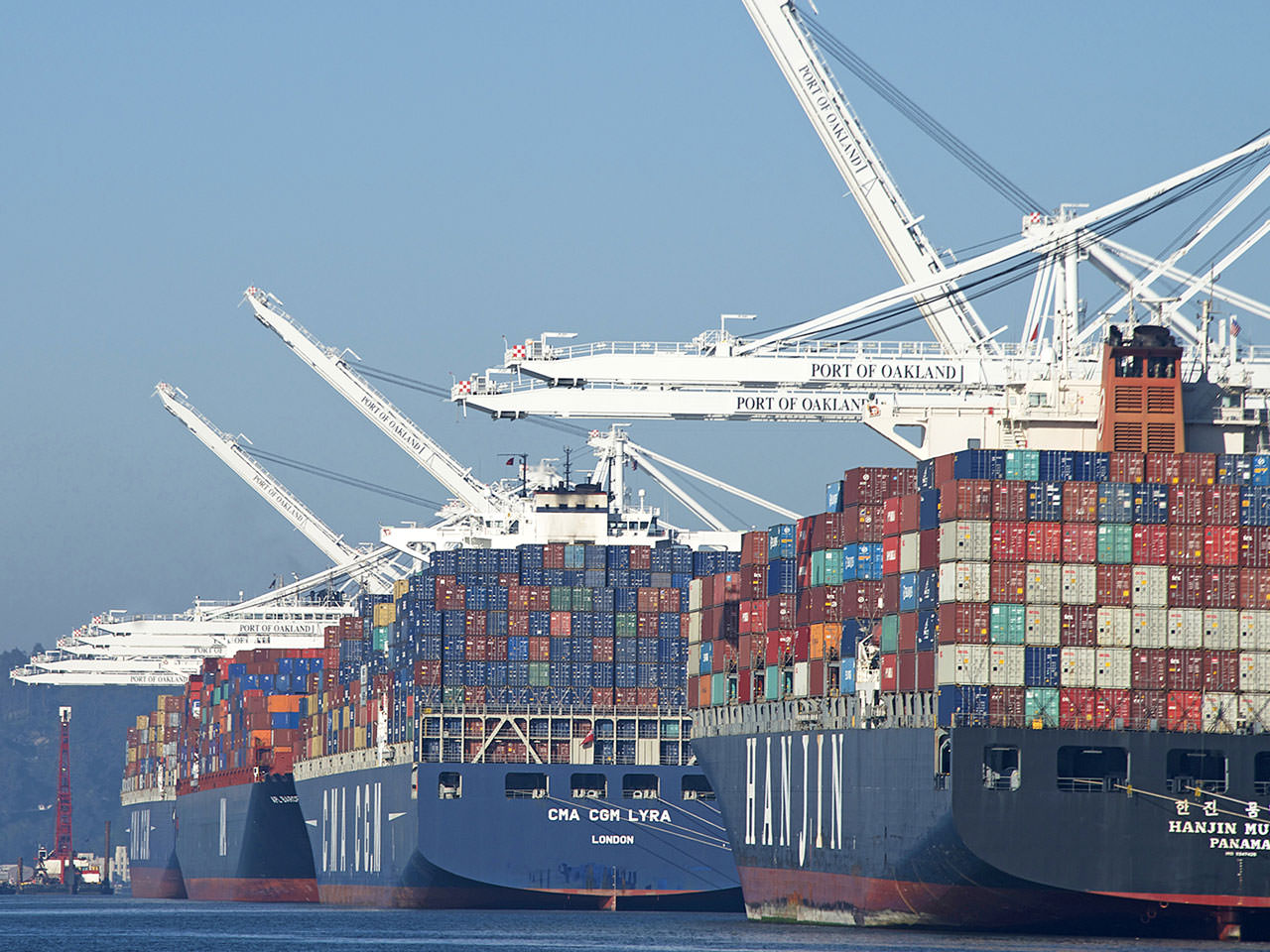NEW YORK, NEW YORK] — Cargo Owners for Zero Emission Vessels (coZEV) proudly announced the addition of mega brands Beiersdorf, Dupont, Electrolux, ETTLI Kaffee, Moose Toys, Ohana Beverage Company, Philips, REI Co-op, Sisley, and Target to its 2040 Ambition Statement, the first-of-its-kind call to action from cargo owners to progressively switch all of their ocean freight to vessels powered by zero-carbon fuels by 2040. These multinational companies join Amazon, Brooks Running, Frog Bikes, IKEA, Inditex, Michelin, Patagonia, Tchibo, and Unilever, bringing the total to 19 companies that are sending an important signal of urgency across industries to accelerate decarbonization of the maritime value chain. This announcement of new signatories more than doubles the number of companies that have signed onto the coZEV 2040 Ambition Statement, an initiative facilitated by the Aspen Institute.
“In less than a year, coZEV has changed the narrative surrounding decarbonization in maritime shipping,” said Dan Porterfield, President and CEO of the Aspen Institute. “Through coZEV, cargo owners are kickstarting a clean energy transition in this critical industry, and the Aspen Institute is proud to support them and help enable their success.”
“Support for maritime decarbonization has grown swiftly in just a short time due to the bold, climate-leading companies that are making their climate ambitions as freight customers clear to maritime carriers, fuel producers, ports and other value chain actors,” said Ingrid Irigoyen, Director of coZEV and the Aspen Shipping Decarbonization Initiative, which is an initiative of the Aspen Institute’s Energy and Environment Program. “The global economy’s maritime decarbonization journey is still in its early stages, but such progress in less than a year confirms for us that cargo owners can drive impact quickly when they come together. We are so pleased to welcome these new signatories, all important global brands, and look forward to helping support their leadership in the maritime decarbonization space.”
As other major sectors of the global economy reduce greenhouse gas emissions and enact more sustainable business practices, the maritime shipping sector is at risk of falling behind and increasing its share of global emissions – from 3% today to 10% by 2050. High ambition from corporate customers of the maritime industry is critical to ensure the transition to zero-emission fuels begins in earnest by the mid-2020s, achieves scalability by 2030, vastly outcompetes fossil-fuel powered shipping by 2040, and fully decarbonizes the maritime transport sector by 2050 at the latest.
Source: Aspen Institut





